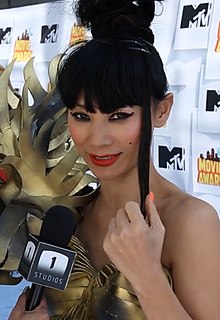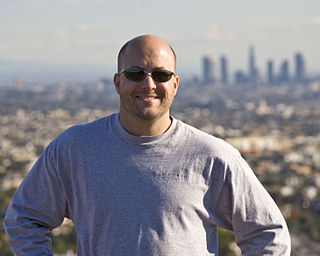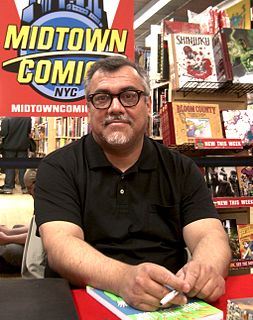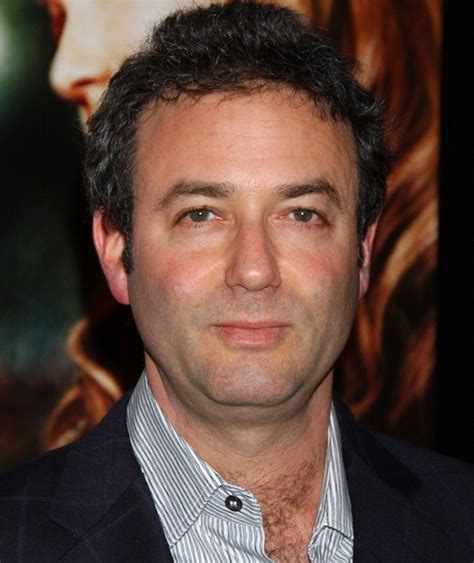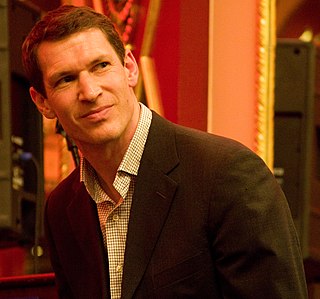A Quote by Gael Garcia Bernal
In general, I hate films that are overtly either very masculine or very feminine, you know? The same way that I don't like a war movie about soldiers smashing people's heads. But a chick flick I like would be Cassavetes' movies. 'A Woman Under the Influence,' 'Husbands.'
Related Quotes
Everyone has a masculine and feminine side; masculine qualities and feminine qualities. We've all got these sides to ourselves. And clothes can tell that story. People would think this is very unsympathetic, but I would always say to people, you don't actually need to go through with an operation, can't you just be? You are who you are! But then people say to me, "Oh, you're really dreadful, how would you know?".
When I was growing up, all the films about teenagers were played by Tony Curtis or John Cassavetes when they were 27, 28 years old. We would see these teenage movies in the theaters and I would say, "They don't look like they're my age at all." So I wanted to make a movie that was real and I wanted to make a movie that wasn't about me.
When I was young, I was really, really obsessed with Gena Rowlands and John Cassavetes. Because my mom was a projectionist in college, she was somehow able to get a real projector. And she had some connections, so she would get real prints, and we'd put up a sheet. The first movies I saw were To Kill a Mockingbird [1962], Gigi [1958], A Woman Under the Influence [1974]. Then when I was old enough to be able to rent movies, I went through a very big Cassavetes phase.
I like being able to bounce between writing movies for people like Kevin Sorbo to making very personal films like orange county hardcore sinister to making a movie like [Wyatt Earp and the Holy Grail: The Tale of the Three Gates], which is made for the pure pleasure of getting together with creative people and making a movie. Alex Cox would be proud.
What I think is dreadful about art is the way it's related to the money afterward. Not when you do it... But after that, it's like 5,000 rich people have access to it. A movie, even though it can be a bad movie or a good movie, it is more democratic. The people who buy my films, the people who buy my installations it's sometimes a foundation or a museum. When it's a foundation, it's related to very, very, very rich people - who are your enemies! Your enemies are feeding you. But you're not meeting them. So it's a very strange thing.
I'm a very private person, so obviously I don't enjoy talking about more personal matters. But at the same time I care very much about my work and I would like people to know that it exists. So I appreciate that there's a meeting point, where I would like people to know about the work that I'm doing, and that requires me to talk about it.
I've done movies that have mostly feminine characters and elements, and I think that both 'Heathers' and 'Truth About Cats and Dogs' are, in their own weird ways - they're different ends of the girl movie spectrum, but they're very much centered around the female characters, and I like those movies, and I like working with good actresses.
Arthuriana has become a genre in itself, more like TV soap opera where people think they know the characters. All that's fair enough, but it does remove the mythic power of the feminine and masculine principles. So I prefer it in its original form, even if you have to wade through Mallory's 'Le Morte d'Arthur' - people smashing people for pages and pages! It still has the resonances of myth about it, which makes it work for me. I don't want to know if Mordred led an unhappy childhood or not.
With soldiers, their wives are so fundamental in their relationships, and yet there's this kind of other war happening back in the States, where wives of soldiers don't quite understand what their husbands have been through, because their husbands won't really talk about it, and that's really the hidden war.


